
As we near the end of February and come into March and the start of spring, there are some new seasonal foods to enjoy. The mere fact that winter is almost behind us can really lift our mood and energy levels, so it makes sense that nature supports us too.
Clinical Nutritionist Suzie Sawyer shares her top five in-season foods for March.
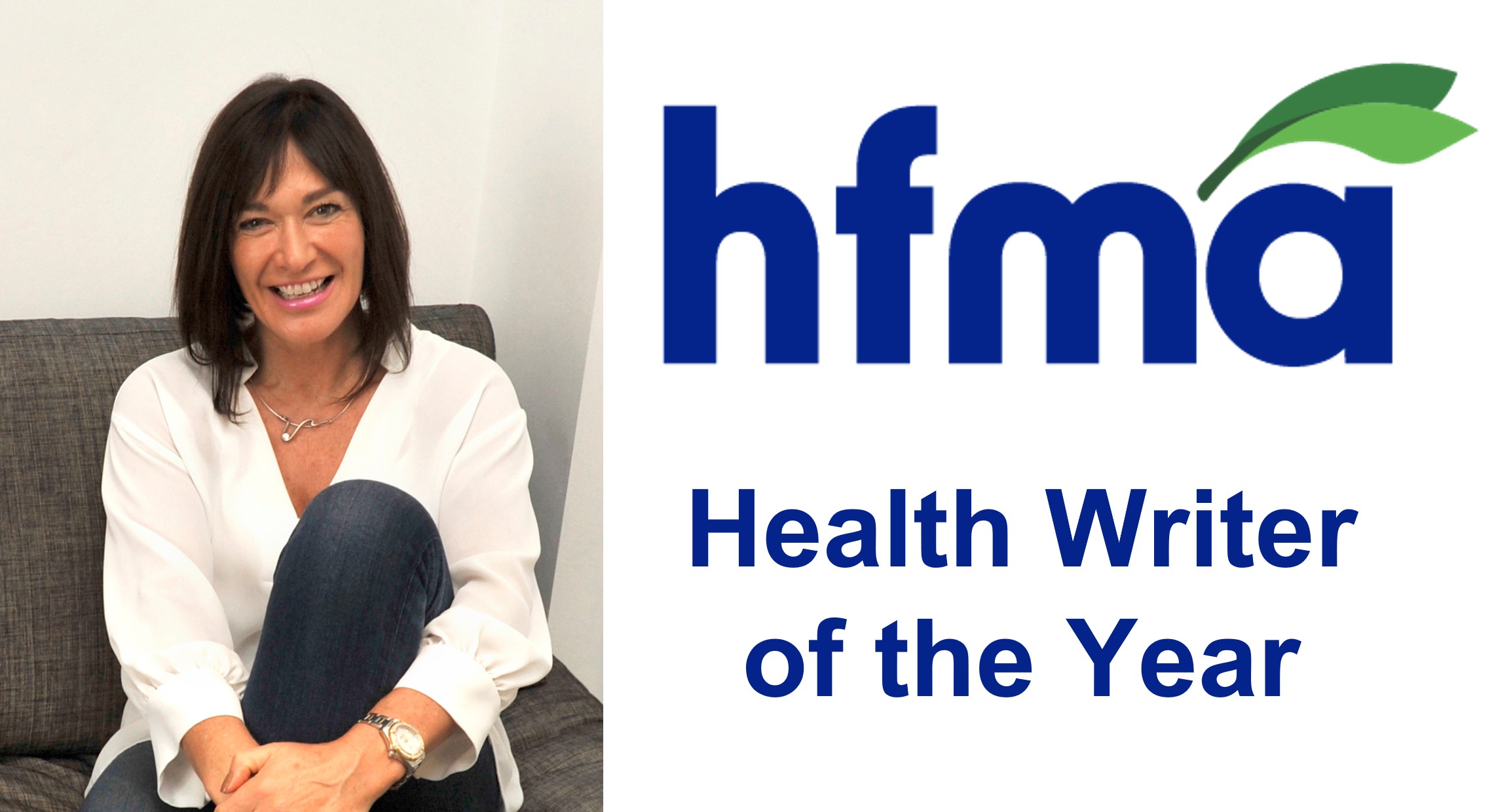
Mushrooms
‘Shrooms’ as they’re affectionally known, have become highly acclaimed in nutritional circles as we understand more about their amazing health benefits. However, consumers are also raving about them!
There are many varieties of mushrooms, and they all provide slightly different health benefits. However, all mushrooms are rich in vitamin B6 and selenium, and are all supportive of immune health.
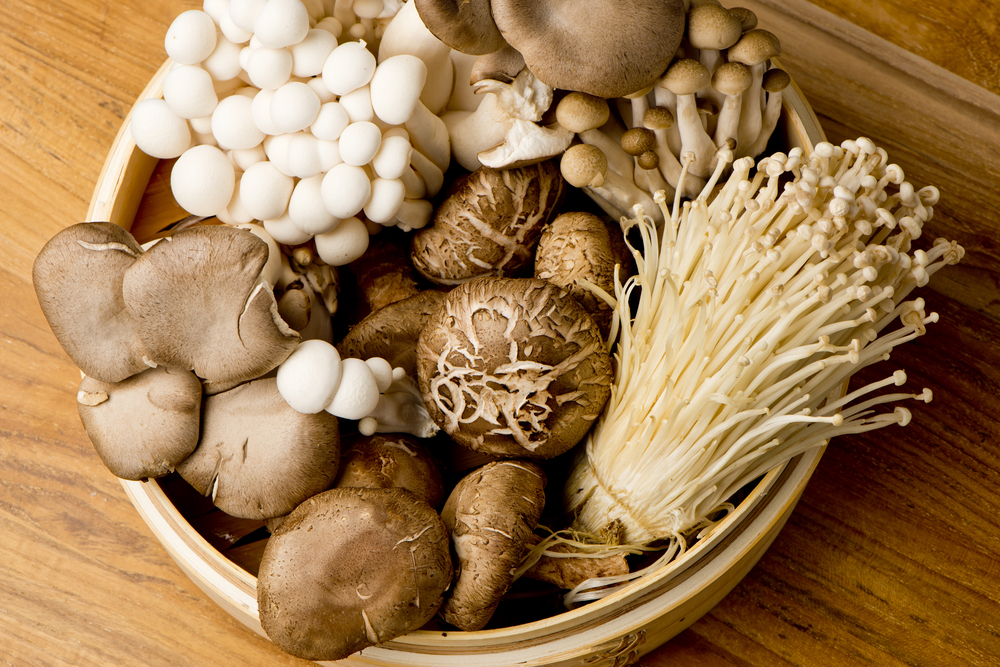
All mushrooms are a great source of vitamin D: just like us humans they’re able to absorb sunlight and turn it into vitamin D. It’s not easy to find vitamin D in the foods we eat, therefore mushrooms can help deliver in this respect.
They are masters of versatility when it comes to how to use them in dishes. I personally find mushrooms on toast for breakfast a real treat, providing a low calorie, but high nutrient start to the day!
Cauliflower
Another ‘big hitter’ in nutritional terms, cauliflower is also very versatile. It can be used as a main dish (roasted or made into cauliflower cheese), but also works on its own as a vegetable side; it has quite a strong flavour so it’s very happy to be single!
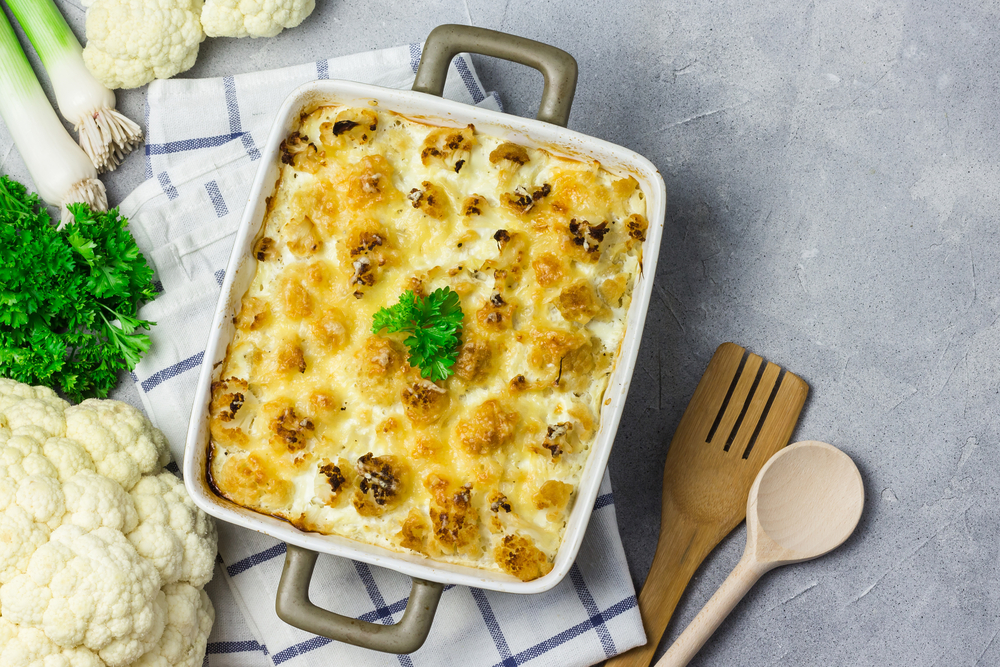
Cauliflower is a member of the cruciferous vegetable family which help support liver detoxification. Plus, it’s high in fibre which really keeps the digestive tract in good working order.
From a nutritional perspective, cauliflower is rich in vitamin C, low in calories and is also a great source of our trace minerals, so often lacking in the daily diet. However, it’s important not to overcook cauliflower otherwise it will become soggy and tasteless!
Spring onions
As the name suggests, spring onions come in as the seasons change. All onions provide plenty of flavonoids, which are rich in antioxidants. They are also high in quercetin which helps to calm down allergies, especially hay fever. If you’re a hay fever sufferer, then now is the time to eat more spring onions before pollen levels rise.
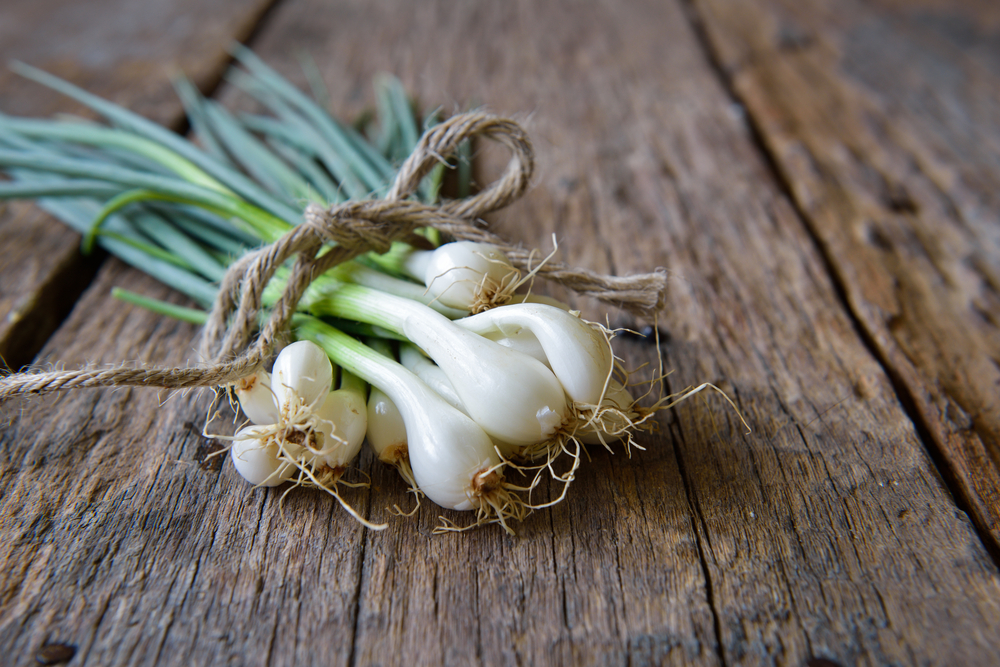
As spring onions are small and can be eaten cooked or raw, they’re very easy to add to dishes such as mashed potato as well as any stir fries or Peking Duck pancakes.
Spring onions are high in immune supporting vitamin C, energising B vitamins and fibre. These little wonders are worth adding to many dishes for additional taste and nutritional benefits.
Bananas
Whilst bananas are available all year round, those from the Windward Islands in the Caribbean are in season now and are certainly tastier.
Bananas are incredibly versatile and provide a quick boost of energy, hence their popularity with sports people. They also provide a great source of potassium which helps rehydration during endurance-type events or just when then weather heats up.

Rich in energising vitamin B6 and vitamin C too, bananas make a perfect ‘on-the-go’ snack and are delicious in a banoffee pie!
Mackerel
Mackerel is often described as a ‘showy’ fish as it has a sparkling, silvery belly: slightly more attractive than some white fish, such as plaice. However, perhaps this is also because mackerel provides more exciting health benefits. It’s rich in the essential omega-3 fats which are also essential for life. Omega-3s are needed for most body systems, especially the brain and eyes.
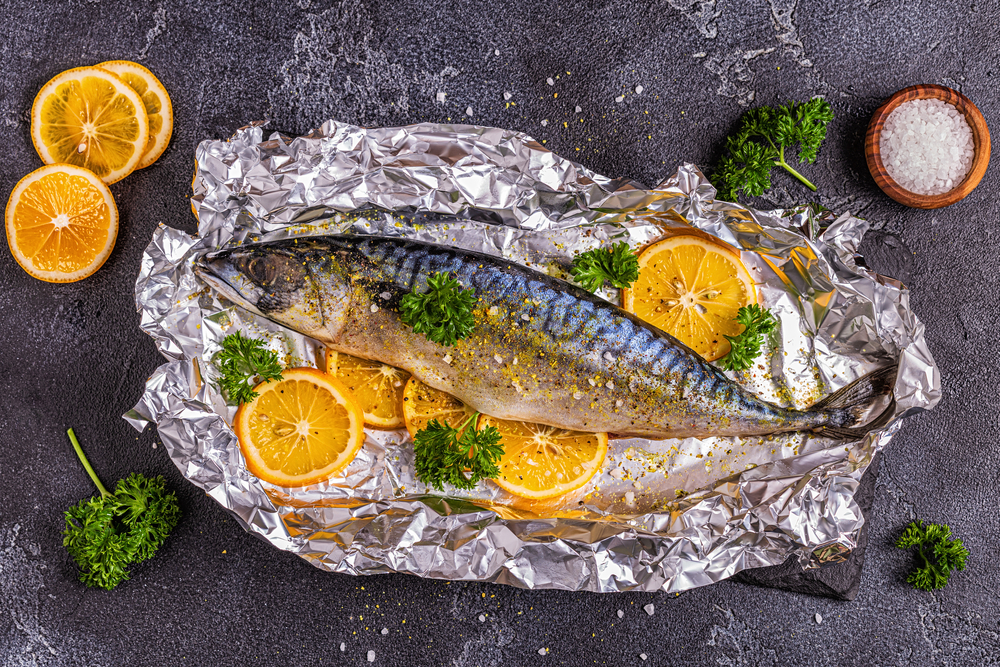
Mackerel’s rather fishy flavour can be problematic for some of us but served with a strong flavour such as lemon or tomato, it becomes more palatable. And it’s not just high in omega-3s: mackerel is a great source of the mineral selenium and vitamin B12, essential for the nervous system.
Why not include these nutrient-packed in-season foods this spring so you can enjoy the new season to its fullest?
FOR MORE GREAT NUTRITION AND LIFESTYLE ADVICE:
Sign up to receive our blog and get a weekly dose of the latest nutrition, health and wellness advice direct to your inbox.
For everything you need to know about vitamins, minerals and herbs visit our sister site Vitamin Expert – your essential guide to nutrition and natural health.
Follow us on Instagram @feelaliveuk for nutrition, lifestyle and well-being tips.
Visit us at www.feelaliveuk.com for the latest offers and exclusive Alive! content.
Follow and Chat with Suzie on Twitter @nutritionsuzie
All images: Shutterstock
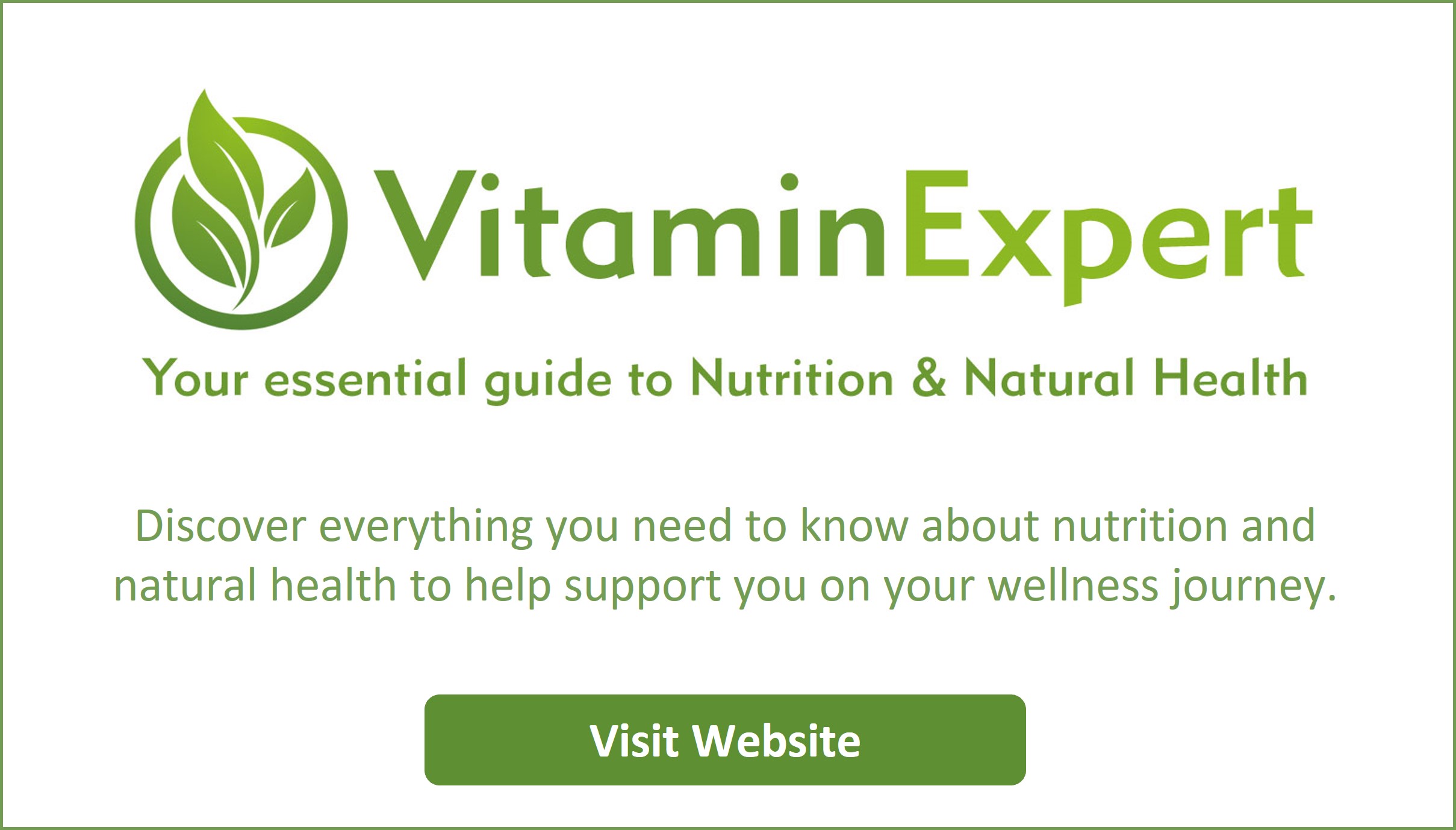



 Vitamin B12 is also required for brain function, therefore it’s important to ensure intake is optimal, especially if you want a sharper brain as well as more fuel in the tank.
Vitamin B12 is also required for brain function, therefore it’s important to ensure intake is optimal, especially if you want a sharper brain as well as more fuel in the tank. The best food sources are liver, meat, oysters, sardines, Swiss and cheddar cheese. A warming macaroni cheese might just hit the spot when it’s cold and grey outside. Interestingly, some B12 can be produced in the gut, but this varies from individual, so a supplement is often a good idea especially if you follow a vegan diet.
The best food sources are liver, meat, oysters, sardines, Swiss and cheddar cheese. A warming macaroni cheese might just hit the spot when it’s cold and grey outside. Interestingly, some B12 can be produced in the gut, but this varies from individual, so a supplement is often a good idea especially if you follow a vegan diet. Although CoQ10 is found in every plant and animal cell, dietary sources can sometimes be limited, but it seems that vegetarians tend to preserve it better within the body. However, best food sources are liver, fatty fish, meat, soybeans, and vegetables, especially broccoli, so a varied diet is certainly going to help. A bean casserole with loads of vegetables added would be a great meal choice for this time of year and won’t break the budget either.
Although CoQ10 is found in every plant and animal cell, dietary sources can sometimes be limited, but it seems that vegetarians tend to preserve it better within the body. However, best food sources are liver, fatty fish, meat, soybeans, and vegetables, especially broccoli, so a varied diet is certainly going to help. A bean casserole with loads of vegetables added would be a great meal choice for this time of year and won’t break the budget either. Production of CoQ10 in the body does diminish as we get older, plus certain medications, especially statin drugs cause its depletion, hence supplementation is often needed.
Production of CoQ10 in the body does diminish as we get older, plus certain medications, especially statin drugs cause its depletion, hence supplementation is often needed. There are different forms of magnesium, which can be confusing to decipher. Magnesium malate (often used for chronic fatigue) and magnesium citrate are used in the Kreb’s cycle (the body’s main way of producing energy). However, magnesium bound to the amino acid glycine can help relieve anxiety but is also effective for aiding sleep.
There are different forms of magnesium, which can be confusing to decipher. Magnesium malate (often used for chronic fatigue) and magnesium citrate are used in the Kreb’s cycle (the body’s main way of producing energy). However, magnesium bound to the amino acid glycine can help relieve anxiety but is also effective for aiding sleep.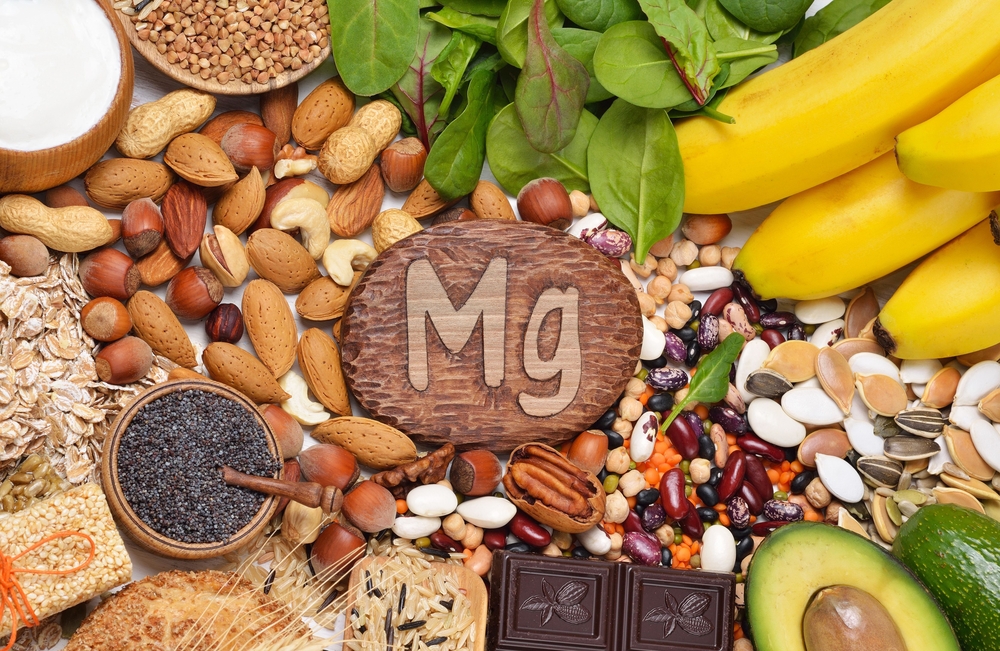 Magnesium is frequently deficient in the typical western diet which includes lots of processed foods. This is because magnesium is mainly found in whole grains, avocado, green leafy vegetables, and beans including soy produce. A tofu stir fry which includes loads of chopped veggies would make a great, magnesium-rich meal.
Magnesium is frequently deficient in the typical western diet which includes lots of processed foods. This is because magnesium is mainly found in whole grains, avocado, green leafy vegetables, and beans including soy produce. A tofu stir fry which includes loads of chopped veggies would make a great, magnesium-rich meal.


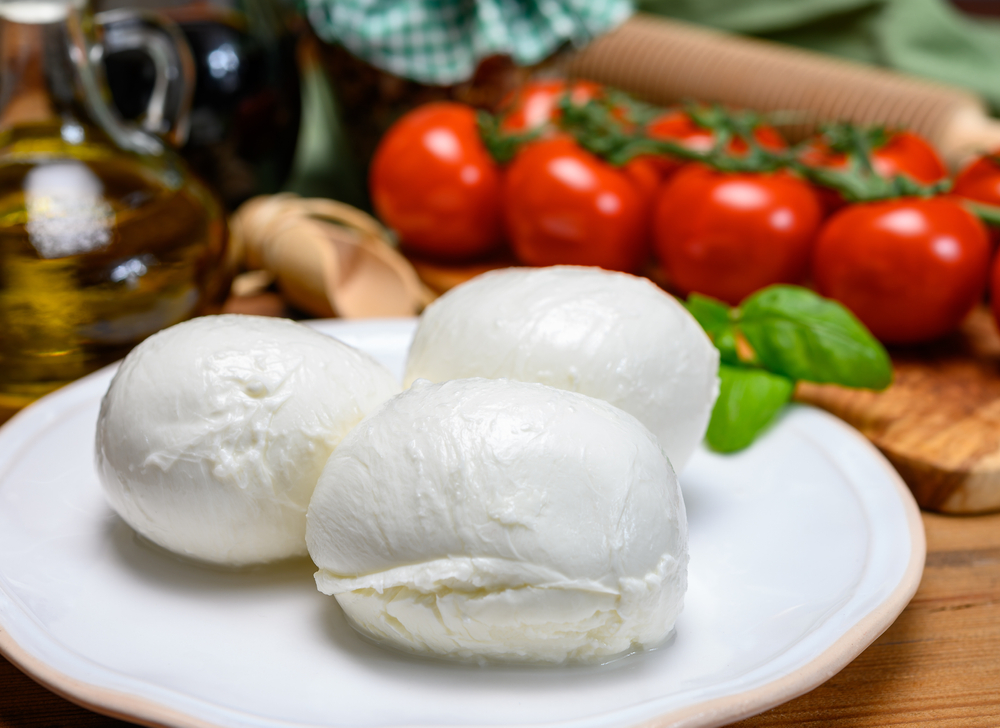

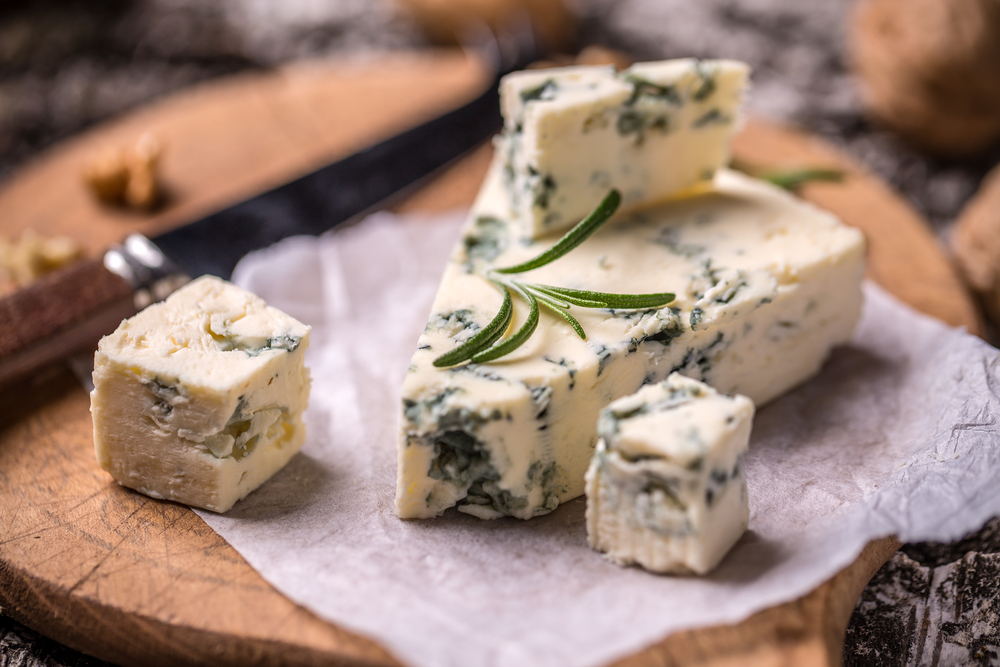






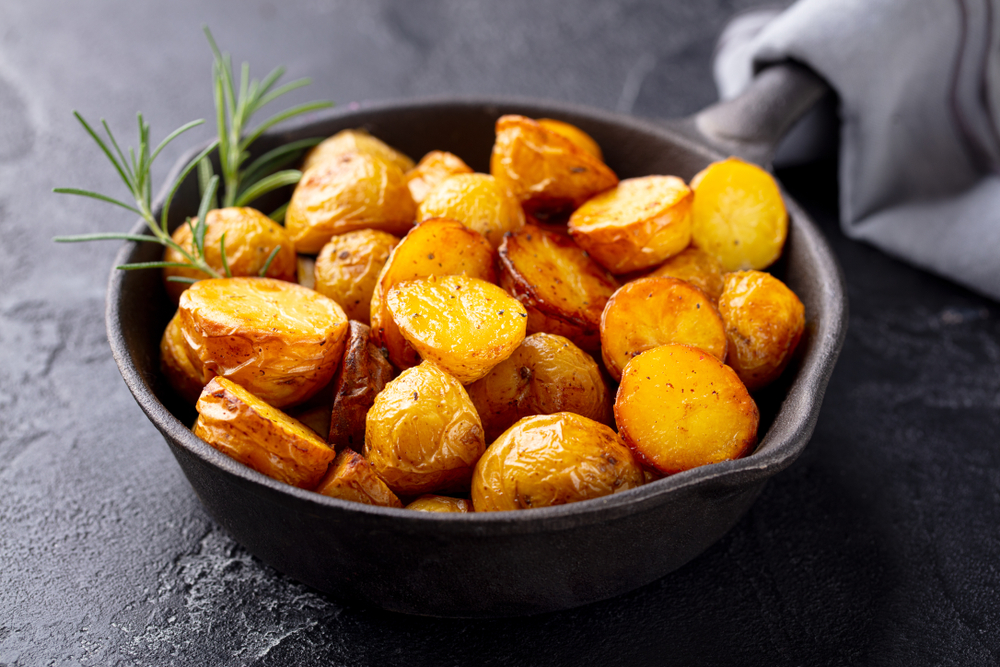


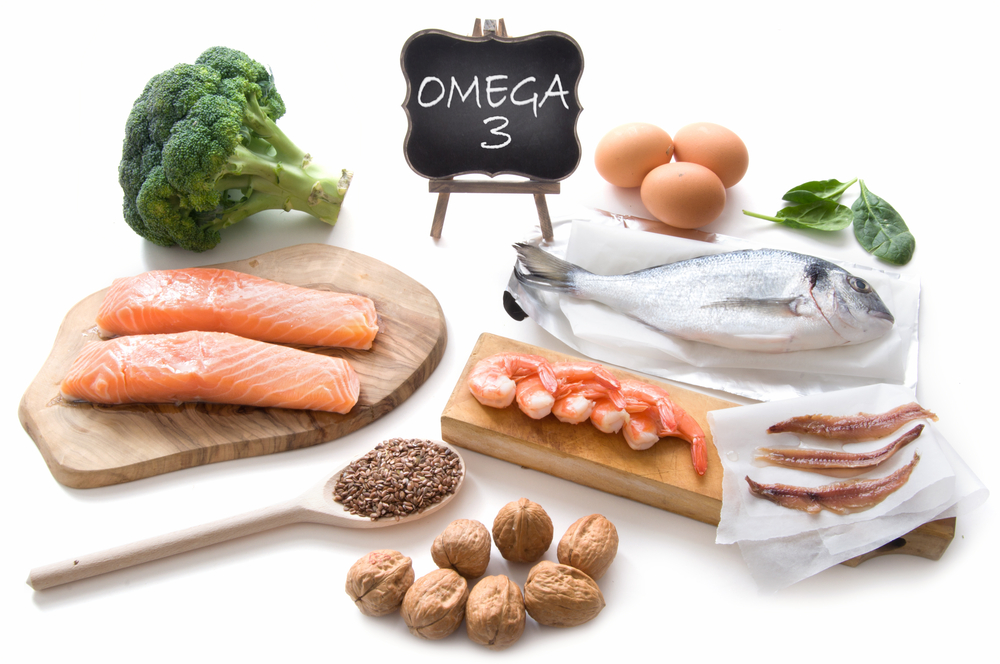
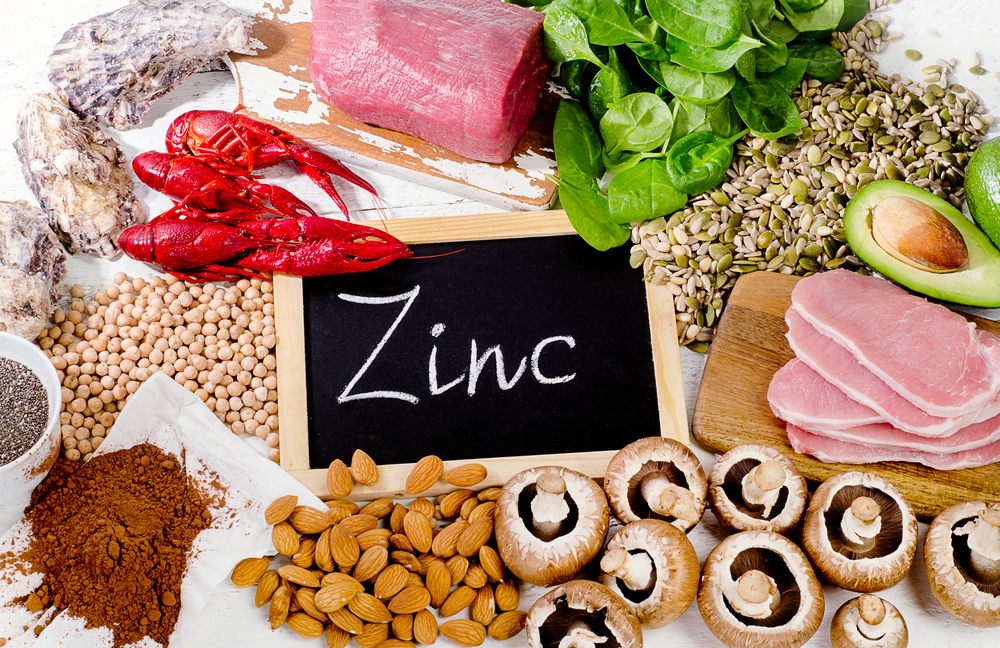















 If you’re following ‘Veganuary’ or are already vegan, then you might want to add at least a tablespoon full of ground flaxseeds to your morning cereal as they are a very rich source of omega-3s. However, if you can eat fish, especially the oily kind, then omega-3s from these sources tends to be better absorbed by the body. As an example, wild salmon at least three times a week is recommended for you to notice an improvement in mood.
If you’re following ‘Veganuary’ or are already vegan, then you might want to add at least a tablespoon full of ground flaxseeds to your morning cereal as they are a very rich source of omega-3s. However, if you can eat fish, especially the oily kind, then omega-3s from these sources tends to be better absorbed by the body. As an example, wild salmon at least three times a week is recommended for you to notice an improvement in mood.






